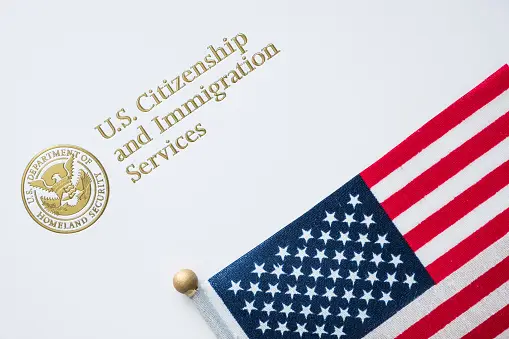
T Visa for Human Trafficking Victims
What is the T Visa?
What is the T Visa?
The T visa is a temporary immigration benefit available to non-citizens who have experienced severe forms of human trafficking.
Who is eligible for a T Visa?
Who is eligible for a T Visa?
- Must be a victim of severe human trafficking, either labor or sex trafficking.
- Must be physically present in the United States.
- Must have assisted law enforcement in investigating or prosecuting the trafficking.
- Must face extreme hardship if forced to return to their home country.
Industries Where Human Trafficking May Occur

Construction
The construction industry has a high risk of human trafficking due to the nature of the work and the frequent hiring of temporary workers.

Farmworkers
Farmworkers are a vulnerable group due to their isolation, lack of documentation, and dependence on employers for transportation and housing.

Janitorial
People who work in this sector can be exploited due to their low wages, lack of legal protection, isolation, and little supervision.

Nurses
Healthcare workers are not immune as recruiters from their home countries can lure them with false promises of work conditions and pay.
U Visa for Victims of Crimes
What is the U Visa?
What is the U Visa?
The U visa is a temporary immigration benefit available to non-citizens victims of certain qualifying crimes.
Who is eligible for a U Visa?
Who is eligible for a U Visa?
- Must be a victim of a qualifying crime that occurred in the United States.
- Must have suffered substantial physical or mental abuse as a result of the crime.
- Must have assisted law enforcement in investigating or prosecuting the crime.
- Must be admissible to the United States.
Qualifying Crimes

Abduction
Peonage
Witness Tampering
Blackmail
Perjury
Obstruction of Justice
Domestic Violence
Rape
Sexual Exploitation
False Imprisonment
Sexual Assault
Slave Trade
Kidnapping
Stalking
Torture
Manslaughter
Hostage
Trafficking
Murder
Incest
Felonious Assault
Other Related Crimes
VAWA for Victims of Domestic Violence
What is the VAWA?
What is the VAWA?
The Violence Against Women Act (VAWA) offers immigration benefits to non-citizens victims of domestic violence.
What are the requirements to qualify for a VAWA?
What are the requirements to qualify for a VAWA?
- Must have a relationship with a qualifying relative abuser who is either a U.S. citizen or a lawful permanent resident.
- Must demonstrate battery or extreme cruelty at the hands of their abuser.
- Must have resided with the abuser.
- Must demonstrate good moral character.
Qualifying Relationships That May Self-Petition

Abused Spouses
Current or former, female or male, who married in good faith

Abused Children
Unmarried and biological, adopted or stepchildren

Abused Parents
Of children 21 years or older
Asylum
What is Asylum?
What is Asylum?
Asylum is for non-citizens who fear persecution in their home country on account of their race, religion, nationality, political opinion, or membership in a particular social group.
Who is eligible for Asylum?
Who is eligible for Asylum?
- Must be unable to relocate within their home country.
- Must be physically present in the United States.
- Must apply within one year of arrival to the United States.
- Persecution must be based on one of the five protected grounds.
Types of Asylum Applications

Affirmative
Asylum applications are reviewed by a USCIS officer in an office setting

Defensive
Asylum applications are reviewed by an immigration judge in a courtroom
Inquire About Your Situation
Content on this page are summaries for general informational purposes only and does not constitute legal advice.
Please consult with an immigration attorney for personalized guidance on your specific situation.
